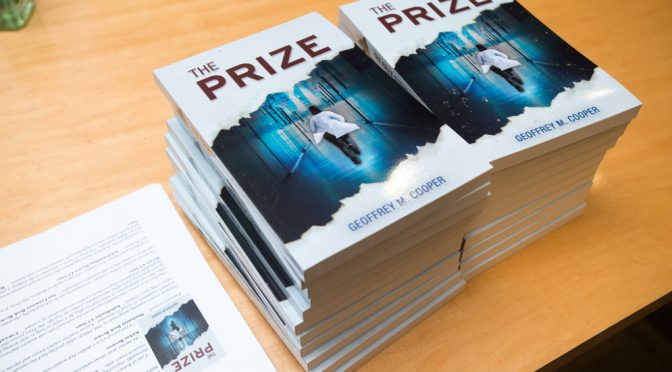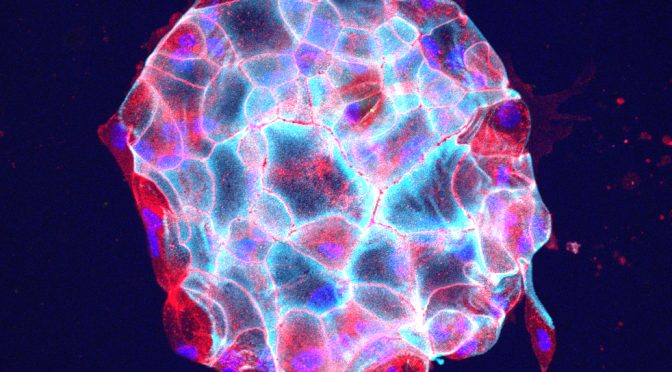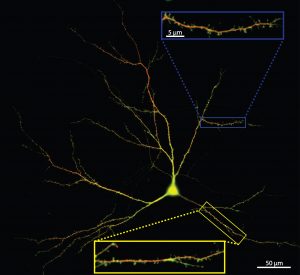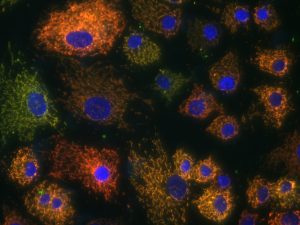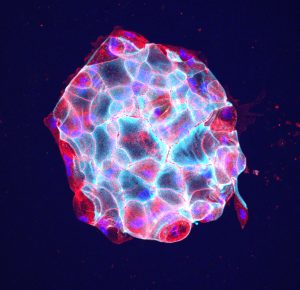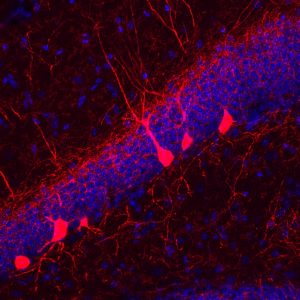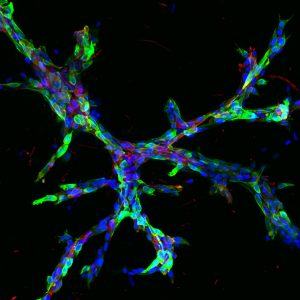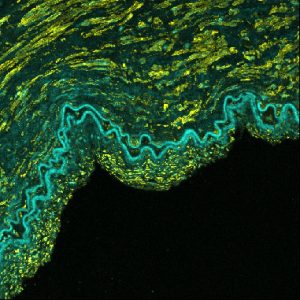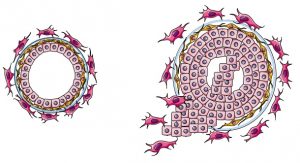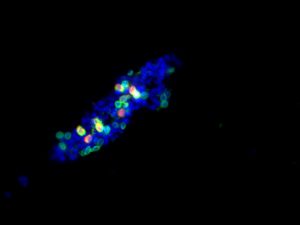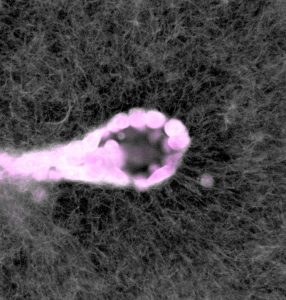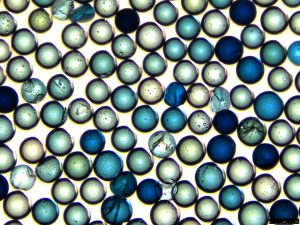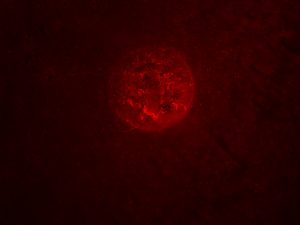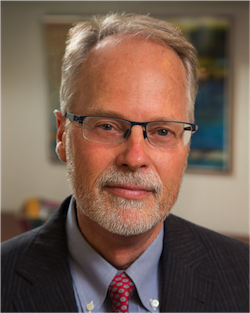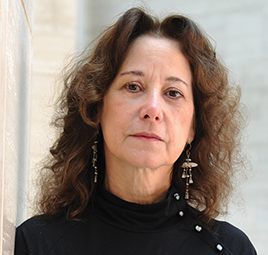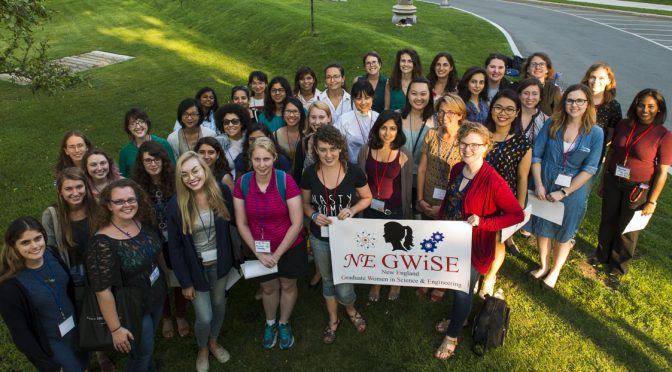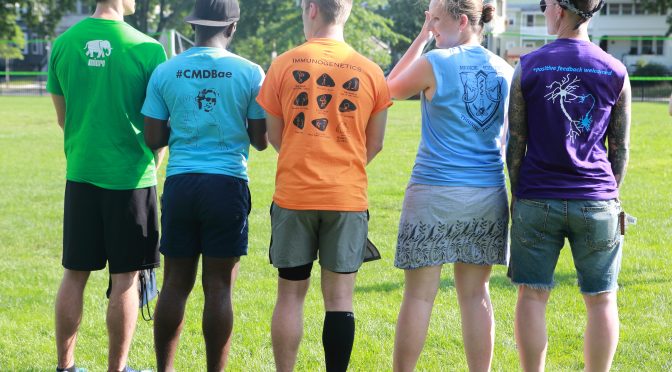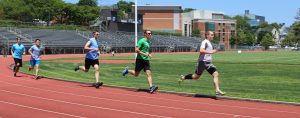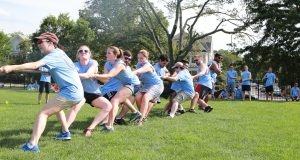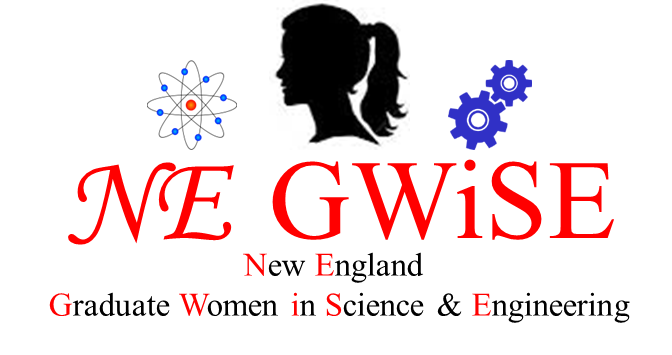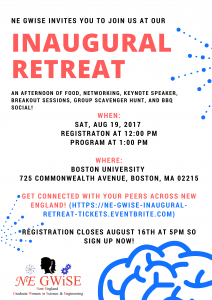by Siobhan McRee & Heather Tanner
There was an excited tension in the humid halls of Boston University the morning of August 19th, where women from eight institutions across New England were finally coming together under one roof. For months leading up to this day, representatives from each school spent many a late-night brainstorming, planning, and organizing, not just the Inaugural Retreat they were attending today, but the genesis of a new organization whose mission would be to unite, diversify, and advocate for women in science and engineering throughout New England. They had just founded NEGWiSE: New England Graduate Women in Science and Engineering.
The retreat kicked off with the keynote speaker: local entrepreneur, founder, and CEO of Seeding labs, Dr. Nina Dudnik. Her nonprofit company brings scientific equipment and training to underserved areas worldwide, and the theme of her talk was collective action. As she spoke, she acknowledged that tens of thousands of protesters were currently marching on the Boston Common to protest racism and hate speech, and many in the audience had cut their marches short to hear her speak. Protest signs littered the aisles as Nina pointed out that by taking the time to support fellow women here and now, when there were other pressing and important issues, strongly demonstrated the passion and dedication of everyone in the room. Continuing to echo the national conversation, Nina emphasized that the time for talking is over, and she urged, to many a nodding head, now we must act.
Nina talked about her time as a graduate student at Harvard Medical School, where she overcame extreme gender imbalances to find mentors and advocates, and ultimately changed the demographics of her department to hire more women. She spoke of how we as women in science must work harder, be more productive, and walk a fine line to be just the right amount of outspoken but likable – feminine but firm. She said that often we, as women, do this with an apologetic meekness that we must shirk to accept full ownership of our accomplishments. Her advice: practice saying the words “My name is…and I am an expert in…” because this is something we consistently feel shy about, regardless of our achievements or awards. But we can help each other do this too. Nina encouraged us to amplify each other’s voices; whether in meetings, in lab, or online, me must give and receive credit. We must also repeat, reinforce, and validate other women’s viewpoints so their voice, and our collective voices, can be heard. We can build an ‘old girl’s network’ of our own. This is a kind of power we can harness to act on, to affect change, and keep improving.
Nina reminded us that we as women are already working overtime; here we are choosing to spend our Saturday, not on the couch watching TV, but actively working to both question and improve the status quo, all the while standing in solidarity with other women. But as a new group, Nina stressed, it is important we distinguish ourselves, to find a niche among the multitude of women’s groups in the Boston area. As her keynote wrapped up, the room was uplifted with a common hope and strength. Nina put words to the thoughts we all had- that together we have the resources not just to talk but to act, and facilitate important and sustainable change.
Building off the groundwork laid by Nina, the next part of the retreat featured short presentations from each school about their GWiSE groups, where representatives from Tufts, Boston University, MIT, Northeastern, Harvard, Brown, Boston College, and Dartmouth all talked briefly about their strengths and resources, and how they could benefit from a consortium like NEGWiSE. While Tufts does not have a dedicated GWiSE group (yet!), the Tufts Mentoring Circles stood in to represent Tufts, and will also be supporting the development of a Tufts GWiSE group that’s currently in the making.
The bulk of the afternoon was dedicated to several “Breakout Sessions.” These focused discussions were brainstorming sessions on topics such as the organizational structure of NEGWiSE, the role of men, increasing diversity, outreach, and advocacy. Tufts’ own Dr. Ayanna Thomas, professor of Psychology, led the diversity discussion to brainstorm how NEGWiSE could facilitate enhancing diversity, both regarding incoming graduate student demographics and within high level graduate education positions. Likewise, discussion was held about how other GWiSE groups at other universities can help Universities such as Tufts to create their own internal GWiSE group.
However, one Breakout session that received a lot of traction was Advocacy. Attendees, added to the momentum started by Nina’s keynote speech through eager discussion of action items affecting graduate students and consideration on how NEGWiSE could implement change. Several issues rose to the top as important within the STEM graduate community, including parental leave policies, mental health, domestic violence, and student/advisor dynamics. In fact, NEGWiSE decided to take on resource gathering about parental leave policies for comparison across universities, with the goal of proposing a standard policy for graduate student parental leave that can be proposed directly to each administration. This timely issue is the first action item that NEGWiSE will be tackling, but it will not be the last. Through the breakout sessions, the mission of NEGWiSE was refined to include graduate student advocacy as a central tenant, especially for issues relating to women in STEM. It was strongly felt that NEGWiSE will distinguish itself among Boston area groups in this way, while also best serving the needs of multiple universities across New England.
But the retreat was not simply all work and no play; after the brainstorming was over, the fun began! Moving from the classrooms of BU to the BU Beach, attendees met and networked with each other over delicious BBQ. A scavenger hunt encouraged people to talk to each other. Attendees needed to find a person who fit each condition from a list. For instance, items included who had run a marathon or who likes Dunkin Donuts better than Starbucks. The first few people to find answers to all those questions won some NEGWiSE swag. A fun photo booth with props got everyone laughing, while a DJ spun tunes, and a Facebook friending frenzy ensued.
The Inaugural retreat introduced the framework and mission of NEGWiSE, a new group to connect, support, and advocate for graduate women in science and engineering. Soon the NEGWISE will hold their own elections for this year’s committee which will follow with many more activities which will be announced at Tufts. Likewise, the Medford and the downtown campus are negotiating our own GWiSE group. If you want to get involved with the Tufts GWiSE group that is forming and will partner and collaborate with NEGWiSE, please contact tuftsgwise@gmail.com. Also, you can follow NEGWiSE on twitter @NE_GWISE or on Facebook at New England GWiSE

